VPH2020 conference: the digital medicine rendez-vous will be held virtually
Date:
Changed on 10/09/2024
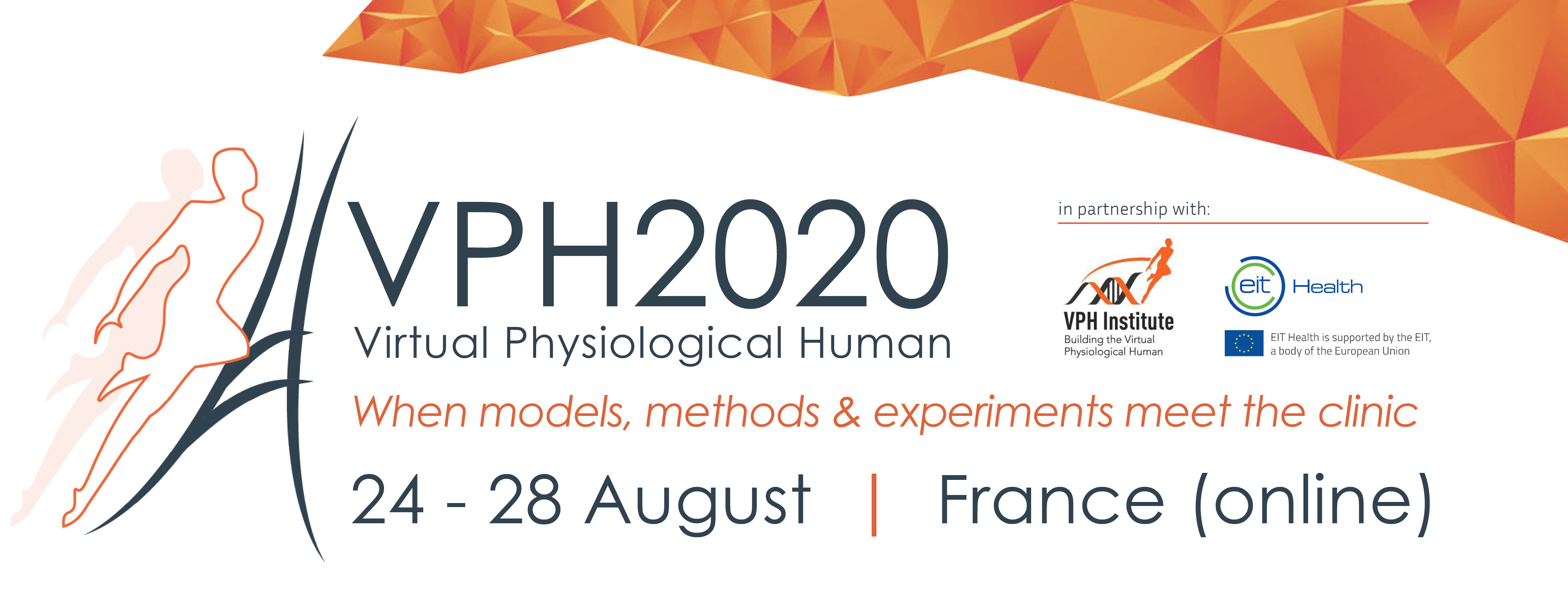
This equation of knowledge in human biology has a name: in silico medicine or Virtual Physiological Human (VPH). Little known to the general public and part of the medical profession, this field of research has been bubbling over the last twenty years. Treatment prognosis and evaluation, development of personalized medical devices, virtual clinical tests... The current and potential applications of these models are shaping the medicine of tomorrow.
The VPH Institute was born out of this conviction. A group of researchers set up to encourage the European Commission to finance the development of VPH, this association also plays the role of a learned society. This is why the VPH conferences were launched, to bring together the community of experts in the field, academics, doctors and industrialists.
This year's biennial digital medicine event is supported by EIT Health France and organized by Inria Saclay - Île-de-France. This is an opportunity for Inria to leave its mark on the event and to encourage doctors to participate.
Historically, the medical modelling community has been structured around mathematicians and bioengineers. Dominique Chapelle and Irène Vignon-Clementel*, by co-chairing the conference organizing committee, wanted to correct this bias and involve practitioners from the initial decisions to the plenary and parallel conferences of the 2020 conference. Two blocks of sessions are thus entirely dedicated to clinical applications.
Given the context, the conference will open on an additional day devoted to the contributions of in silico medicine in the management of the Covid-19 crisis and introduced by the feedback of Etienne Gayat, anesthesiologist at Lariboisière hospital in Paris. On the program: simulation of different organs and tissues, epidemiology models, medical devices specially tuned for patients with SARS-CoV-2, new trends in imaging... The methodological block highlights Inria's flagship themes, with learning and data assimilation sessions.
At the same time, a strong presence of industrialists in the sector will enable visitors to become familiar with the work of private research as well as the digital tools they publish. Junior participants will even have the opportunity to "pitcher" to be spotted by certain companies, using a standard format "My thesis in 180 seconds". To ensure accessibility to distant time zones, the sessions will be recorded and replayed. By reaching more participants, VPH2020 will advance convergence between the three communities involved in in silico medicine.
For this 2020 edition, three specialists will meet you at VPH2020:
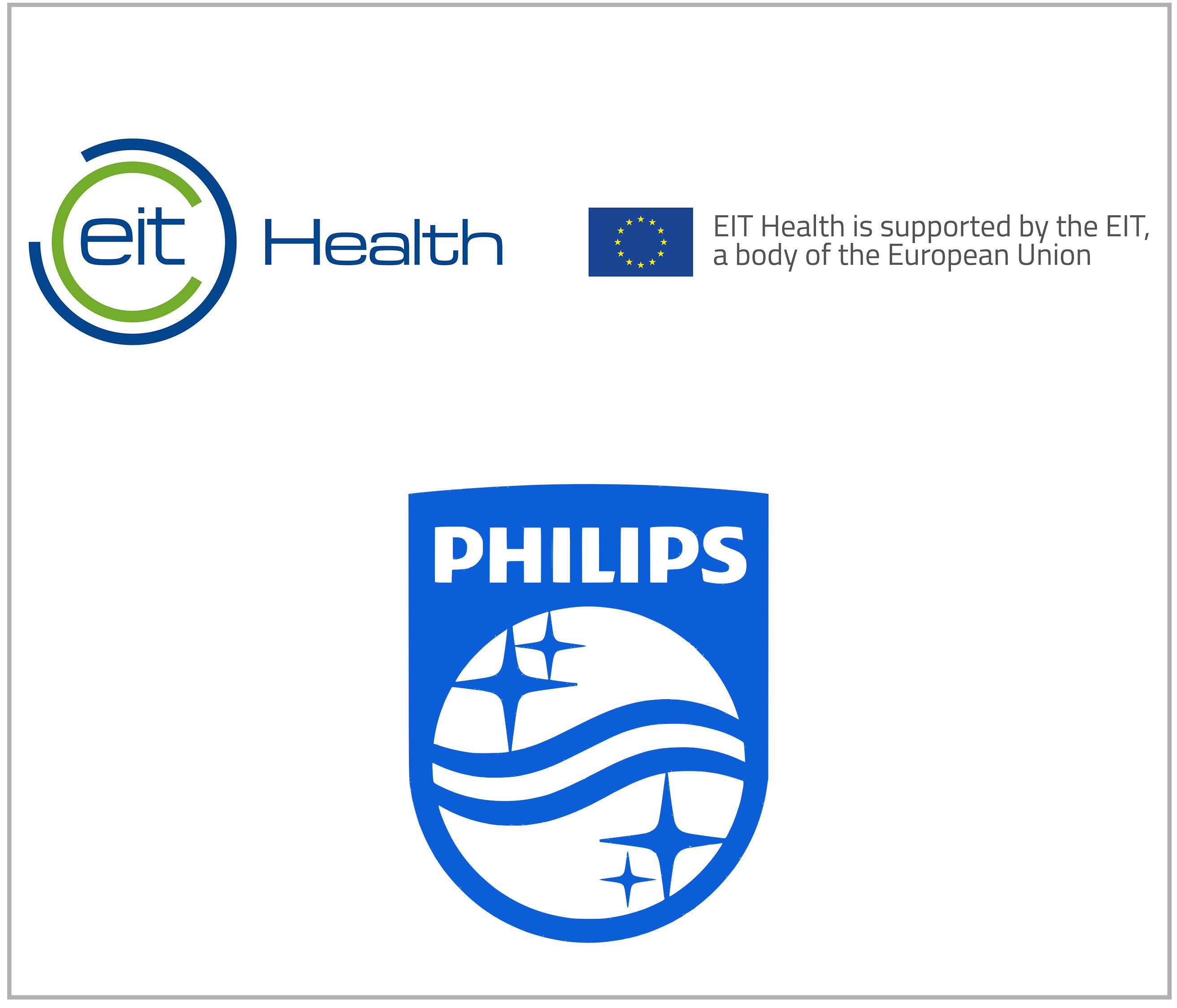
Interview with Nicolas Villain, Director Hub IA Paris and Research France - Philips
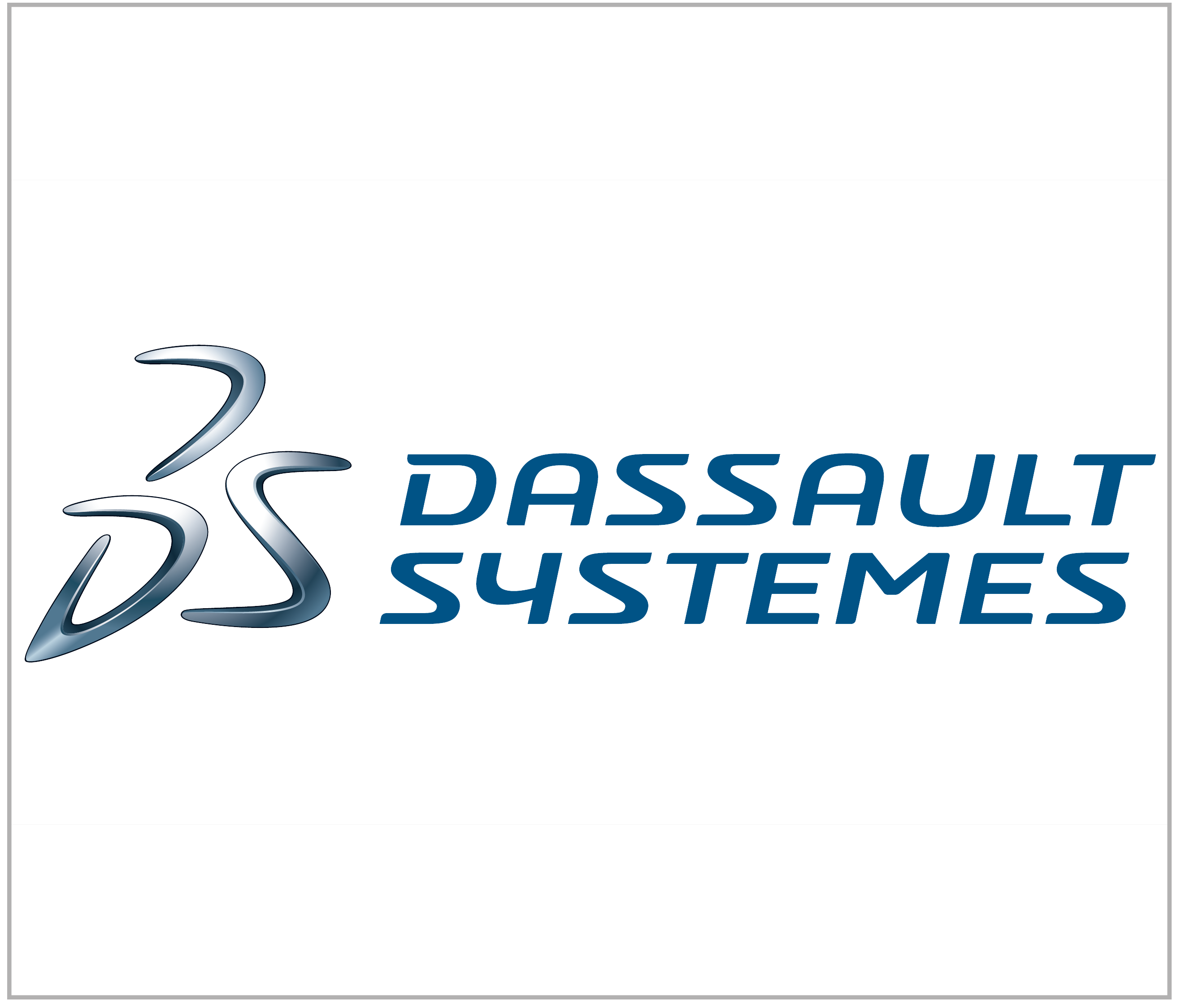
Interview with Steven Levine, Senior director Virtual Human Modeling - Dassault Systèmes
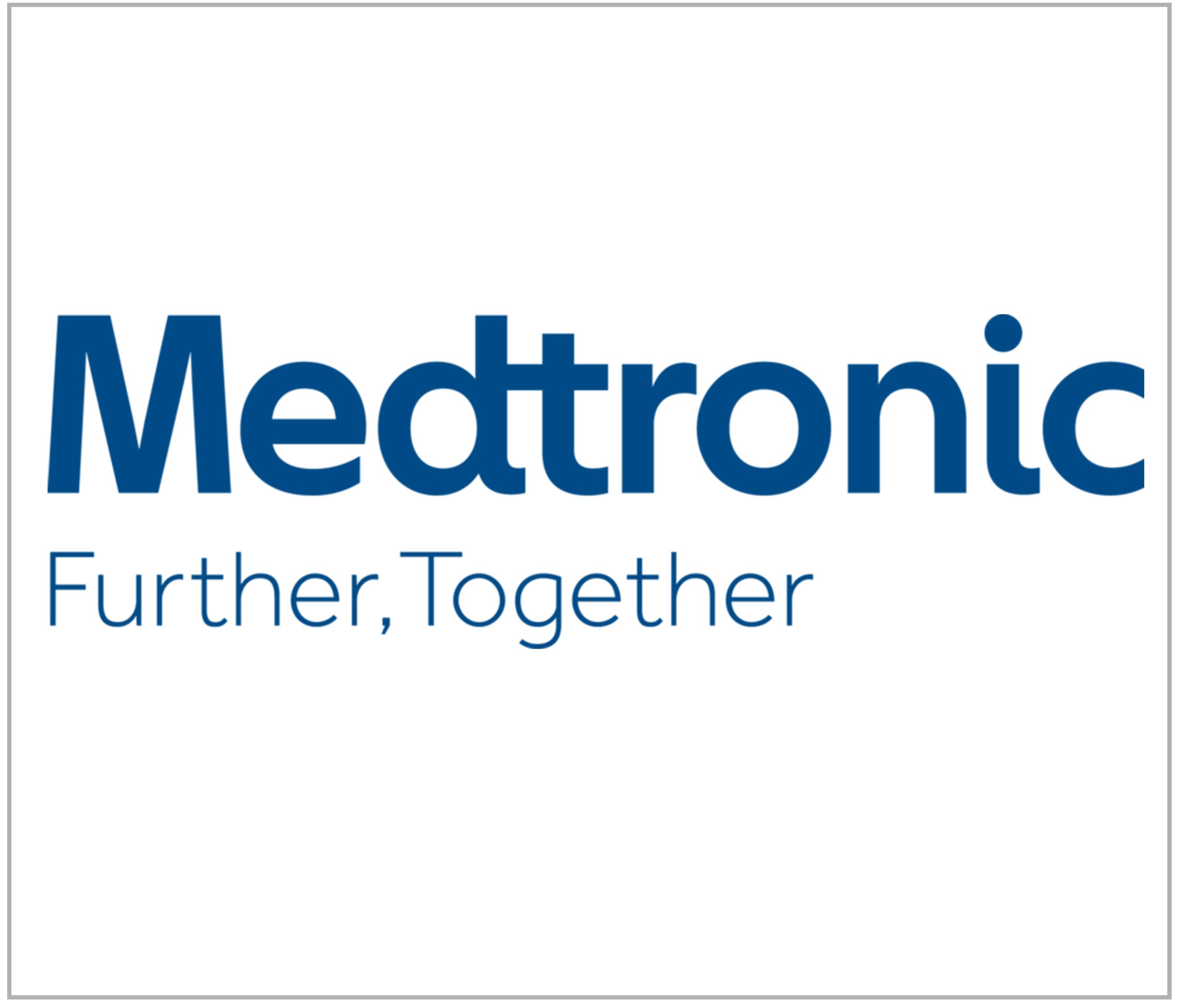
Interview with Markus Reiterer, Distinguished Scientific, Medtronic
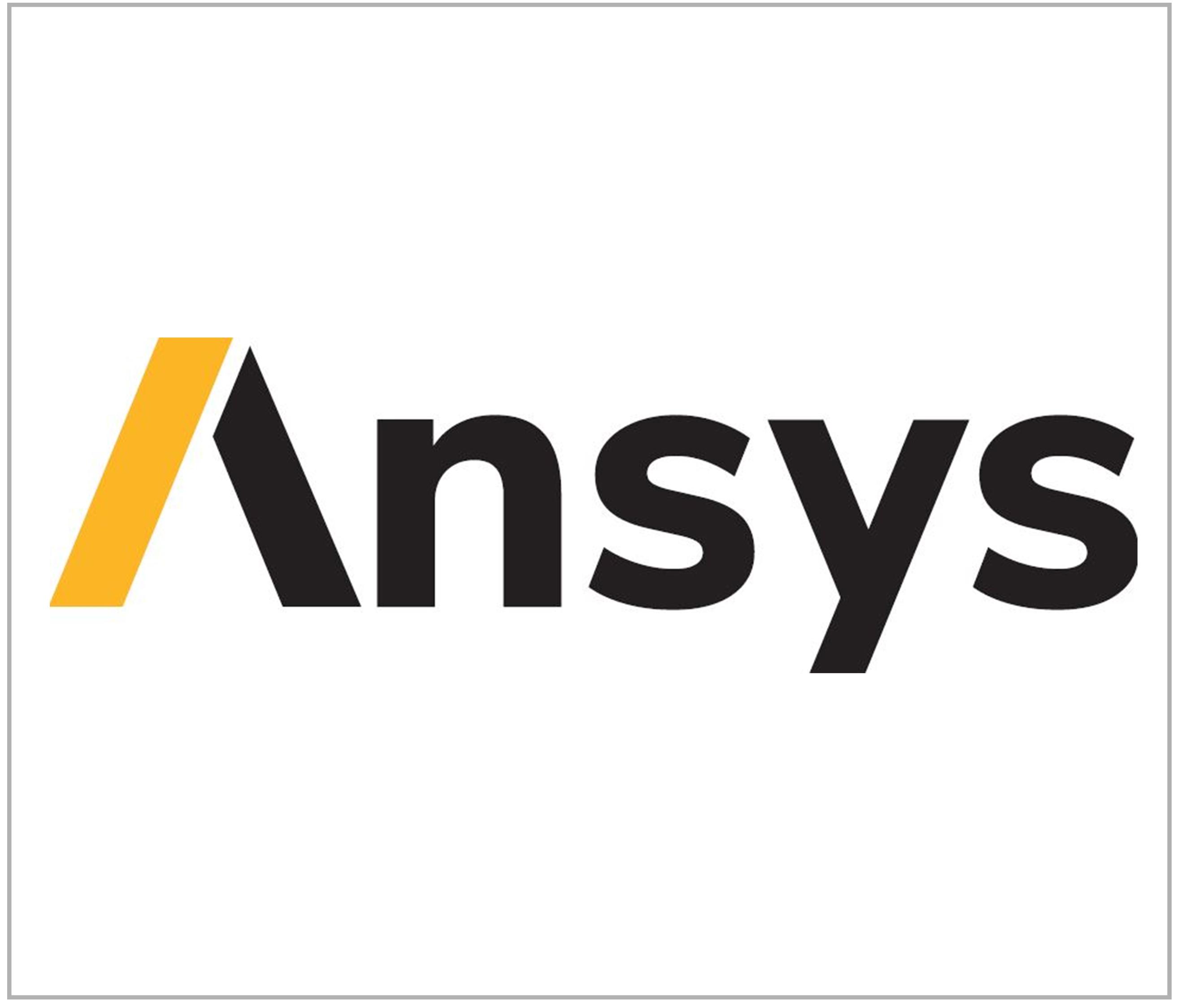
Interview with Thierry Marchal, Global Director of the Health business within the Ansys Group and Secretary General of the Avicenna Alliance
| Sessions "Modeling" | Sessions "Experiments" | Sessions "Methodologies" | Sessions "Clinical Applications" |
|---|---|---|---|
|
|
|
|
* Dominique Chapelle is head of science of the Inria Saclay - Île-de-France research centre and Irène Vignon-Clementel is an Inria research director and interim director of the Reo (Mathematical modelling and Numerical Simulation of Biological Flows) project team.